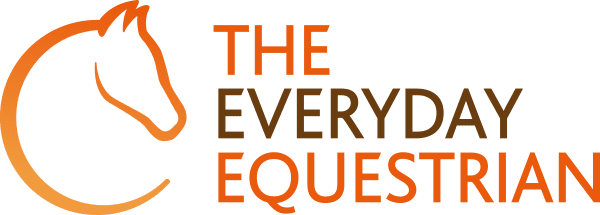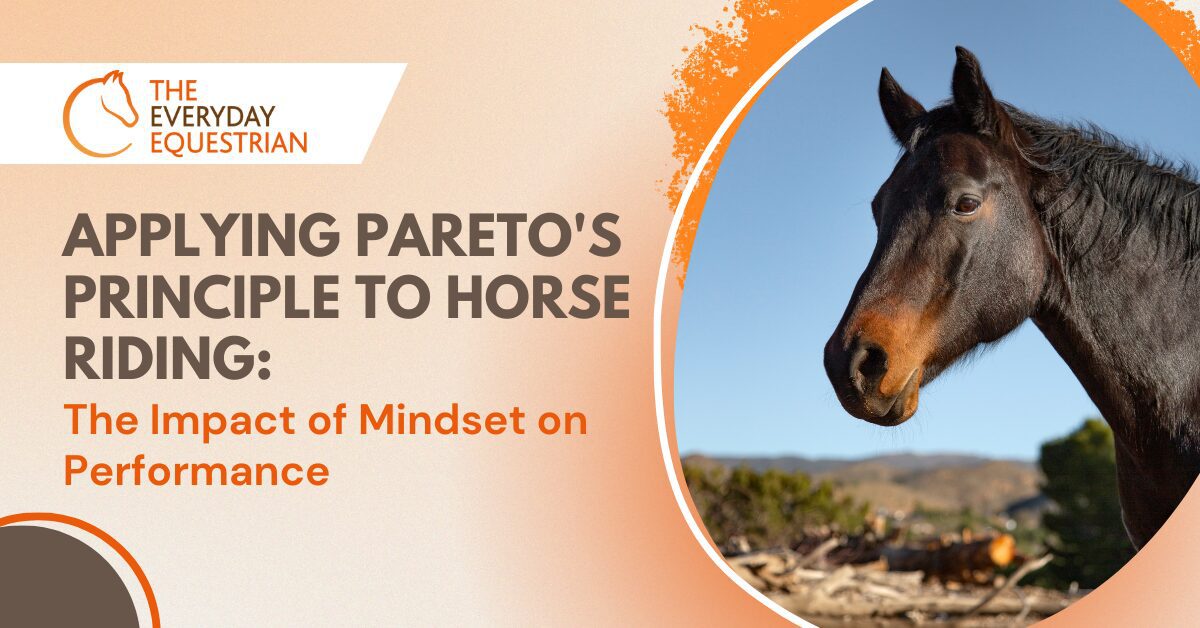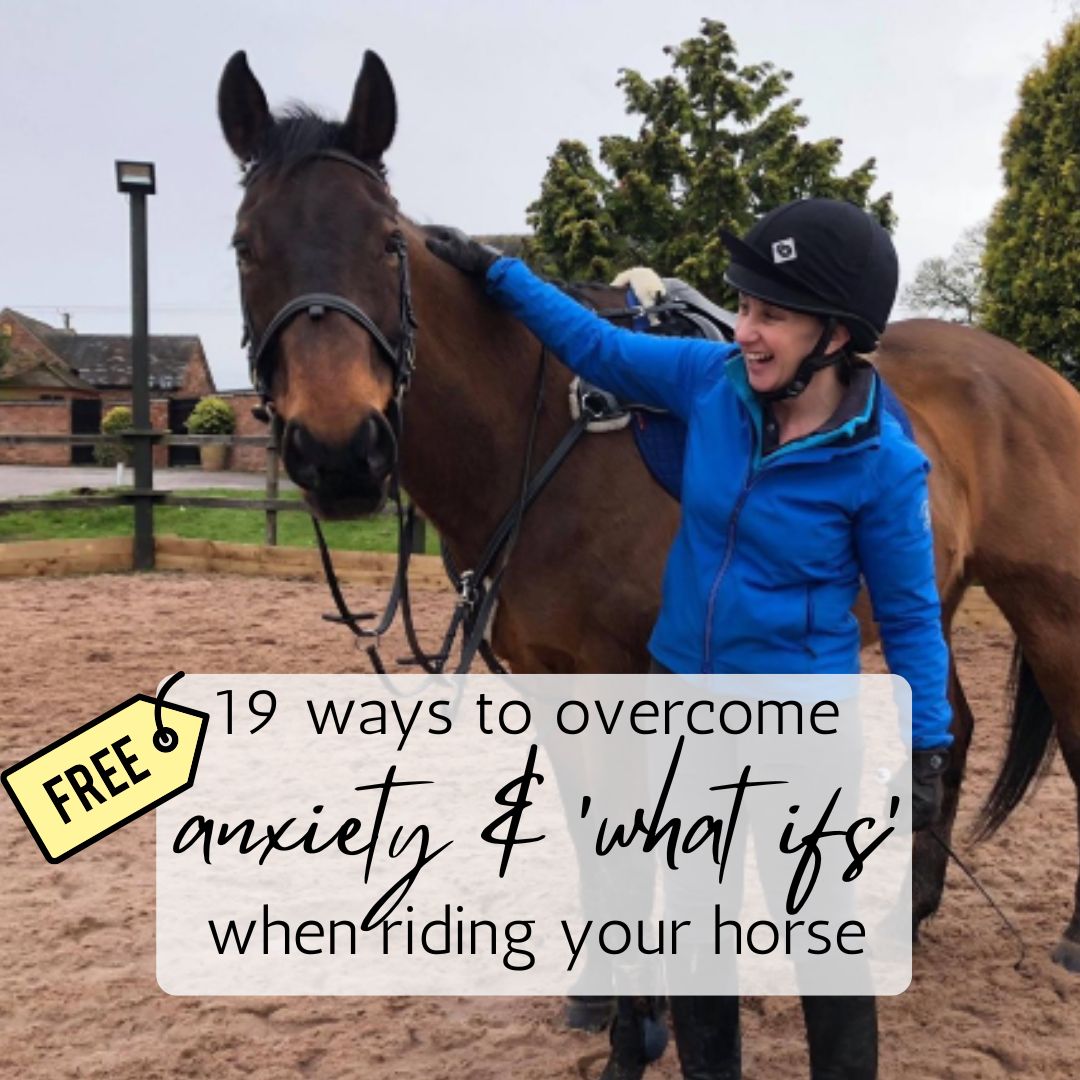Have you ever wondered why your progress seems to plateau despite endless amounts of riding and training with your horse? Often, the secret to breakthroughs isn’t just about how much time you spend training, instead, it’s about where you focus your efforts and attention. This is where Pareto’s Principle, or the 80-20 rule, comes into play.
Originally an economic concept, Pareto’s Principle suggests that 80% of effects come from just 20% of causes. In other words, 80% of your results or outcomes actually come from just 20% of what you actually do. If we apply this to our riding, this means it’s crucial to identify which parts of your approach and your training, are making the biggest impact on your results. And of course, your results can be anything; outcomes are not just relevant to the competition environment. So, how can focusing on the often-overlooked aspects of mindset and psychological skills transform your riding? Let’s explore this powerful idea.
What is Pareto’s Principle?
You might have heard of Pareto’s Principle referred to as the 80-20 rule, but what exactly does it mean? Vilfredo Pareto was an Italian economist born in 1848. He first observed what we now call Pareto’s Principle, or the 80-20 rule, while he was studying wealth and income distribution in different countries. What caught his attention was how consistently a small percentage of the population controlled a large portion of a country’s wealth. Specifically, he noticed that about 20% of the people owned about 80% of the wealth.
Pareto’s initial discovery was actually in his garden! He observed that 20% of the pea plants in his garden produced about 80% of the peas. This observation about uneven distribution sparked his curiosity and led him to investigate whether this pattern occurred in other areas of life. His research confirmed that this principle was widely applicable and could be seen in various economic, scientific, and social contexts.
The principle suggests that in many situations, a relatively small number of causes (about 20%) are responsible for a large portion (about 80%) of the effects. This idea has since been widely adopted in business management, where it is used to focus effort on the most productive activities, and in many other fields as well.
Simply put, this principle is a concept found in many areas of life and work, suggesting that a small amount of effort can lead to the majority of results. It’s about identifying areas of high impact and focusing on those to maximise efficiency and effectiveness.
As a horse rider, if you can pinpoint which aspects of your training and preparation are yielding the most significant results, you can allocate your energy, time and training more effectively, enhancing your overall performance without necessarily working harder. In the coming sections, we’ll explore how you can apply this to focus more on mindset and psychological skills, which is your key 20% that influences 80% of your riding success.
Pareto’s Principle for Horse Riders: The Challenges of Focusing Only on Practical Riding Skills
When you spend most of your training time focusing on practical skills, such as improving your technique, ridden skills and training, it’s natural to expect progress and the results you want. After all, practice makes perfect, right? However, there’s a catch. Focusing almost exclusively on these areas can lead to some unintended consequences that might actually get in the way of making progress and achieving your desired outcomes.
Hitting a Performance Plateau
Firstly, there’s the risk of hitting a performance plateau. When you train the same skills in the same way, repeatedly, your improvement curve flattens. You might find that no matter how much more time you spend, the significant leaps in progress just aren’t happening anymore. This is because you’re only working on what you’re already good at, not necessarily what could bring the most improvement.
Increasing Frustration and Burnout
Secondly, focusing too heavily on physical and technical skills can lead to frustration and burnout. Riding is supposed to be enjoyable, but when it becomes a relentless pursuit of technical riding skills, it can start to feel like a chore. This can affect your motivation to keep training and improving.
Neglecting Mental and Emotional Skills
Most importantly, by concentrating on physical training, you might be neglecting crucial mental and emotional skills. Horse riding is not just about physical ability; if anything, your relationship with your horse, your confidence, your ability to handle pressure, and your mental resilience, are all way more important! These qualities and characteristics are often what differentiates a good rider from a great one.
In potentially stressful situations, such as competitions, being technically skilled is certainly beneficial, but without a strong mental game, it’s easy to crumble under pressure. Anxiety, nerves, poor focus, or a lack of confidence can all sabotage even the most skilled rider’s performance.
Missed Opportunities for Holistic Development
Finally, there’s a broader perspective to consider. Riding is a partnership between horse and rider, requiring trust, communication, and empathy. These are not just ‘soft’ skills; they are essential for successful riding. Ignoring the development of these aspects means missing out on strengthening this crucial partnership, which could lead to missed cues, miscommunication, or even safety issues during riding.
While it’s crucial to develop and hone your practical riding skills, it’s equally important to address the mental and emotional components of riding. Integrating mental training into your routine doesn’t just enhance your performance; it enriches your overall experience and relationship with your horse.
Pareto’s Principle for Horse Riders: The Benefits of Developing Mindset, Confidence, and Psychological Skills
While technical skills are foundational to horse riding, the psychological aspect of your training can transform your performance from good to exceptional. Let’s explore how focusing on your mindset, confidence, and psychological skills can make a profound difference.
Enhanced Performance Under Pressure
Firstly, strengthening your mental game means you’re better equipped to handle pressure, particularly during competitions or challenging situations. Riders who consistently spend time on their psychological preparation often find they can maintain focus, confidence and calmness when it counts the most. This ability to stay composed can directly influence your performance, allowing you to execute techniques with precision even in high-stress environments.
Building a Stronger Bond with Your Horse
Riding is a partnership, and a significant part of your success depends on the bond you share with your horse. By improving your psychological skills, you enhance your ability to read and respond to your horse’s needs and signals. Empathy, patience, and trust are all fostered through a strong mental approach, leading to a more harmonious and responsive relationship with your horse.
Increased Confidence
A major advantage of focusing on psychological skills is a noticeable boost in confidence. By dedicating time to mindset training, you develop greater assurance in your riding skills and your ability to manage diverse situations that arise during rides. This increased confidence can directly improve your performance, as it reduces hesitation and uncertainty, allowing you to make decisions more decisively. Additionally, your horse can sense this confidence, which helps to calm and steady them, further enhancing your partnership and your ability to ride effectively and proactively.
Resilience and Flexibility
Developing your psychological skills also builds resilience and flexibility. This means you’re not only better at bouncing back from setbacks, but you’re also more adaptable in adjusting to new situations or changes in your training regime. Riders who are mentally resilient are more persistent, learn from their mistakes, and are less likely to get discouraged by challenges.
Long-Term Enjoyment and Commitment
Finally, focusing on mental training contributes to your long-term enjoyment and commitment to horse riding. When you’re mentally engaged and growing not just as a rider but as a person, your overall satisfaction with riding increases. This makes you more likely to stick with it and continue improving over the years.
Pareto’s Principle for Horse Riders: How to Effectively Develop Your Mindset, Confidence, and Psychological Skills
Shifting your focus to include more mindset, confidence, and psychological training might seem daunting at first, but it’s entirely achievable with some simple steps. Here’s how you can start integrating these important elements into your regular training routine.
Set Specific Mental Training Goals
Just like setting physical training goals, define what you want to achieve mentally. This could be improving your focus, increasing confidence, or managing competition nerves. Setting clear mental goals helps you track progress and makes the abstract more concrete.
Incorporate Mindfulness and Visualisation Techniques
Begin by incorporating mindfulness exercises into your daily routine. Spend a few minutes each day practising breathing techniques or meditation. Visualisation is also a powerful tool; visualise yourself completing a perfect dressage test or jumping round, or handling a difficult situation with calm and poise. These practices can improve focus, reduce anxiety, and enhance performance.
Schedule Regular Mental Skills Sessions
Treat mental training like a physical workout. Dedicate specific times in your weekly schedule to work on psychological skills. This could involve journaling your thoughts and experiences, practising positive self-talk, or working through mental rehearsal exercises.
Engage with an Equestrian Mindset and Confidence Coach
If possible, consider working with an Equestrian Mindset and Performance Coach who specialises in equestrian sports. They can provide professional guidance tailored to your needs and help accelerate your mental skills development.
Reflect and Adjust Regularly
Make a habit of reflecting on your mental training just as you would after a physical training session. What worked well? What didn’t? What can you do differently next time? Regular reflection helps you fine-tune your approach and make adjustments as needed.
Create a Supportive Environment
Finally, ensure that your training environment supports mental growth. This includes surrounding yourself with supportive people who encourage your development and having open communications with your coaches and trainers about your mental training goals.
Taking the First Step
Making this change doesn’t require overturning your entire training regimen. Start small, perhaps with a five-minute meditation before your ride or a simple visualisation exercise. As these practices become habit, you’ll begin to see significant improvements in your riding and your overall approach to the sport.
Throughout this discussion, we’ve explored the significant impact that focusing on your mindset, confidence, and psychological skills can have on your horse riding. Applying Pareto’s Principle to horse riding shows that while technical skills are undoubtedly essential, the mental and emotional aspects are also crucial for your overall performance and enjoyment of the sport. By integrating mental training into your routine, you not only enhance your abilities in the saddle but also improve your resilience, deepen your connection with your horse, and increase your enjoyment of riding.
Remember, the aim isn’t to reduce the importance of physical training but to complement it with psychological skills, creating a more balanced, well-rounded approach to your riding using Pareto’s Principle.
Are you ready to take your riding to the next level by focusing on your mental strength? Join our online rider confidence community today! This is a space where you can connect with other riders who are also looking to boost their confidence and psychological skills. Together, we’ll share experiences, tips, and encouragement to help each other grow not just as riders, but as confident individuals in and out of the saddle.
Don’t miss out on the chance to be part of a supportive community that understands the challenges and joys of horse riding. CLICK HERE to join and start your journey towards becoming a more confident, resilient rider.


